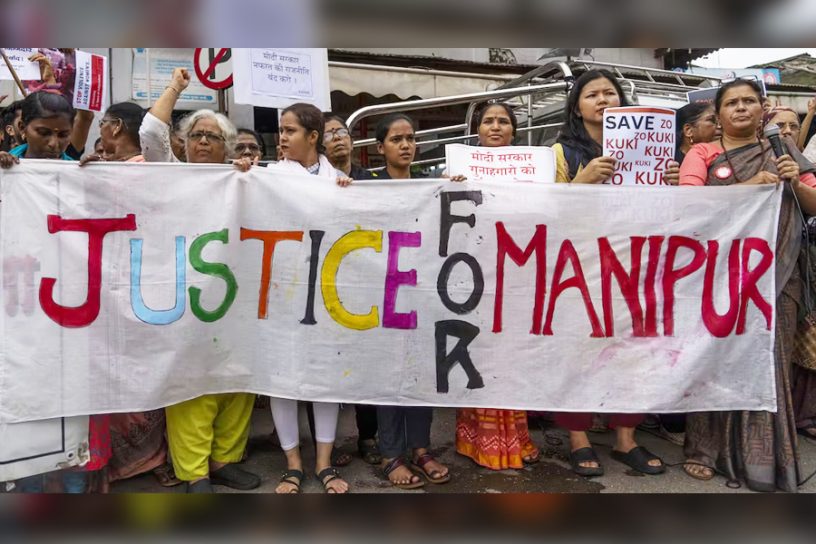
In the wake of the current crisis, multiple local communities within Manipur have assumed active roles and responsibilities while participating in peacebuilding in the state.
Authors
Deepanshu Mohan, Associate Professor of Economics and Director, Centre for New Economics Studies (CNES), Jindal School of Liberal Arts and Humanities, O.P. Jindal Global University, Sonipat, Haryana, India.
Amisha Singh, Research Analyst with CNES and member of the Mapping Humanitarian Initiative.
Shalaka Adhikari, Research Analyst with CNES and member of the Mapping Humanitarian Initiative.
Samragnee Chakraborty, Research Analyst with CNES and member of the Mapping Humanitarian Initiative.
Aditi Desai, Research Analyst with CNES and member of the Mapping Humanitarian Initiative.
Summary
Humanitarian aid has historically been framed by a classical Dunantist paradigm, stemming from the principles established by Henry Dunant, which focuses on providing immediate, impartial relief to those affected by crises, such as conflicts and disasters, with an emphasis on basic needs and emergency response.
In contrast, Resilience Humanitarianism represents a broader approach that seeks not only to alleviate immediate suffering but also to build community capacity for long-term resilience. This approach encompasses sustainable development, local empowerment, risk reduction, and preparedness, acknowledging the interconnectedness of various dimensions of well-being.
The observed shift from Classical to Resilience Humanitarianism has been driven by the changing nature of crises, recognition of local capacities, emphasis on prevention and sustainability, and a desire for lasting positive impacts.
As part of a series of field-based studies documenting the ground impact of the ongoing conflict in the state of Manipur, the Centre for New Economics Studies (CNES), in partnership with different civil society actors, social organisations and informal community-based solidarity networks, has spent last three months interacting with different responders (providing relief support and humanitarian assistance through food, healthcare, basic amenities to affected ethnic groups).
Published in: The Quint
To read the full article, please click here.


